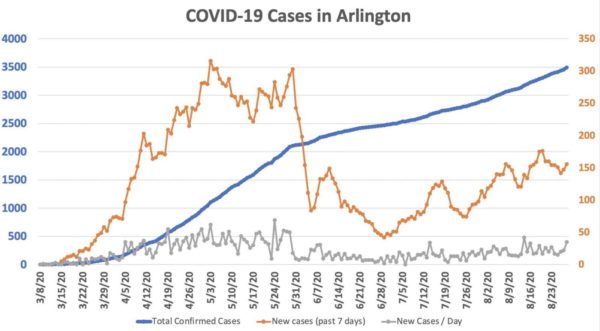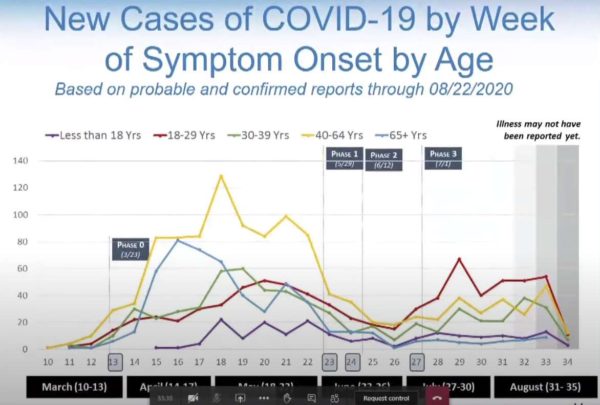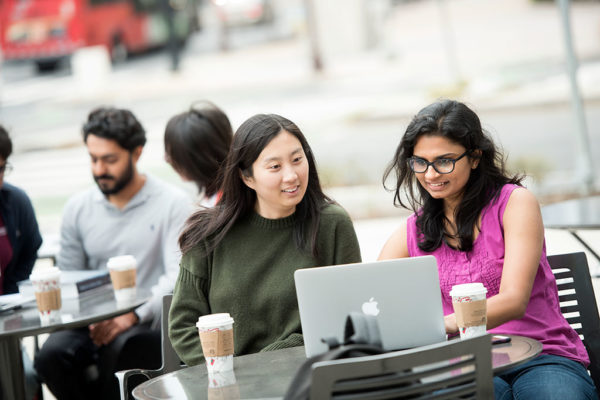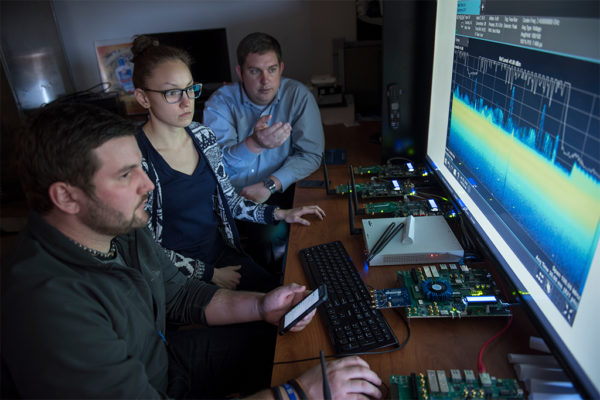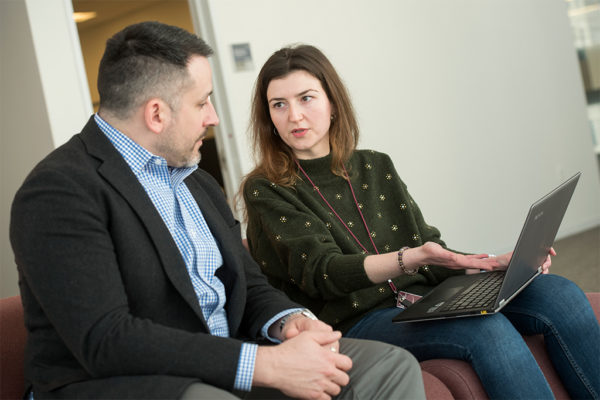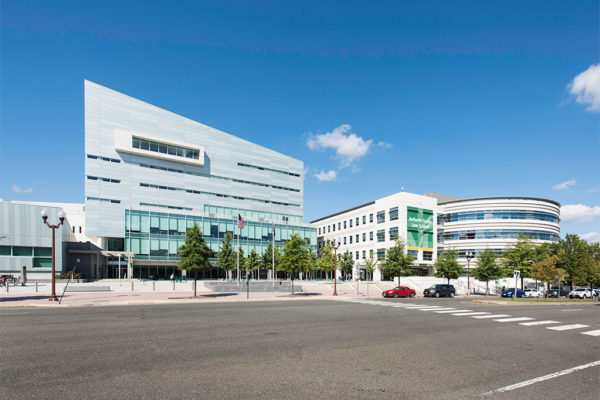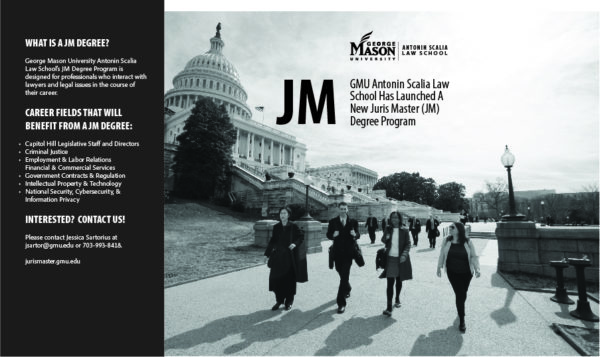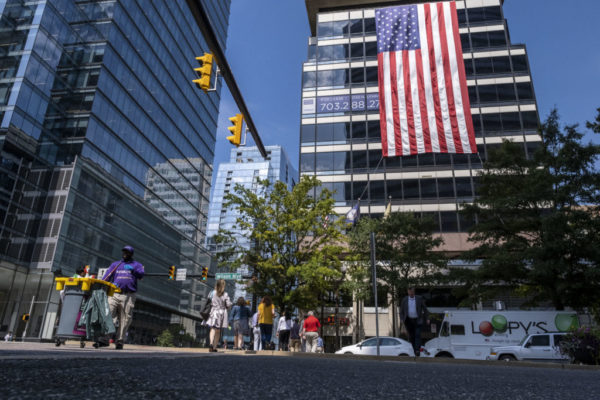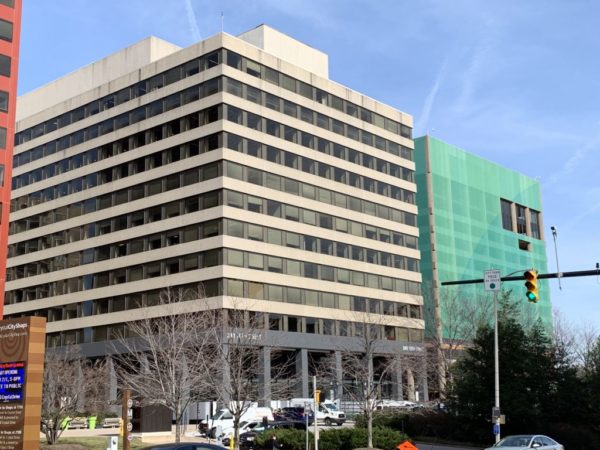(Updated at 11 a.m.) For a week, new reported coronavirus cases in Arlington were trending down. That trend has since reversed.
The Virginia Dept. of Health has reported 57 new cases and 6 new hospitalizations in the county over the past two days. The trailing seven-day total of new cases is now 156, up from 142 on Wednesday. Ten coronavirus hospitalizations have been reported in the county over the past seven days.
The cumulative total of cases, hospitalizations and deaths in Arlington since the start of the pandemic currently stands at 3,492, 458 and 137, respectively, according to VDH.
Despite some peaks and valleys, the overall trend in new cases in Arlington has been up since late June, with a preponderance of cases among those in the 18-29 age range — as noted by Arlington Public Health Director Dr. Reuben Varghese during a County Board meeting earlier this week.
“We’ve been seeing emergency room visits also going up for COVID-like illness,” Varghese said. “You look at the overall picture and this has not being going in the right way, and that’s why I’ve been imploring people: stay at home as much as possible.”
The timing of the uptrend roughly coincides with the lifting of state-imposed restrictions, as Virginia entered Phase 2 and the current Phase 3 of its reopening, following more stringent orders during the spring.
In an effort to prevent the spread of COVID-19 among those waiting in line outside popular Clarendon bars, Arlington County police are set to start enforcing the county’s emergency sidewalk crowding ordinance tonight.
One question on the mind of some is how the start of college might affect Arlington’s numbers among young people.
Ryan Hudson, spokesman for the county’s Public Health Division, said that students from Arlington attending school elsewhere would most likely not count in Arlington’s numbers, while those attending college and residing in the county — Marymount students, for instance — would, in fact, count as an Arlington case.
“Lab reports for a COVID-19 test are reported to the local health district dependent on the residence of the patient,” Hudson explained. “So, if a student and/or school records a dorm, apartment, etc. in Arlington as their residence, then Arlington County Public Health Division could receive the lab report. If the student’s test lists a permanent home address that is outside of Arlington County, the result would go to that local health district.”
“Typically, public health will ask for the residence where a patient is currently living, as that will be more indicative of where transmission took place,” Hudson continued. “So, for college students, they would likely be reported as residents of where the college is when it is in session.”


